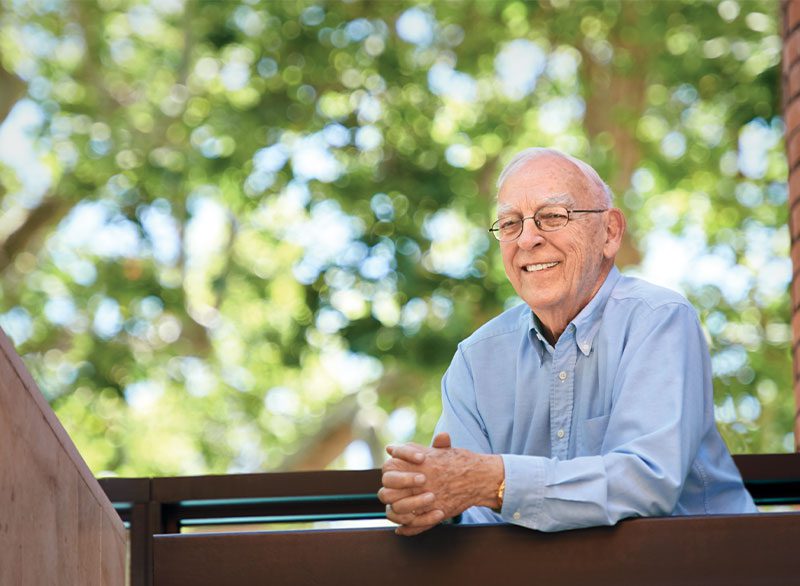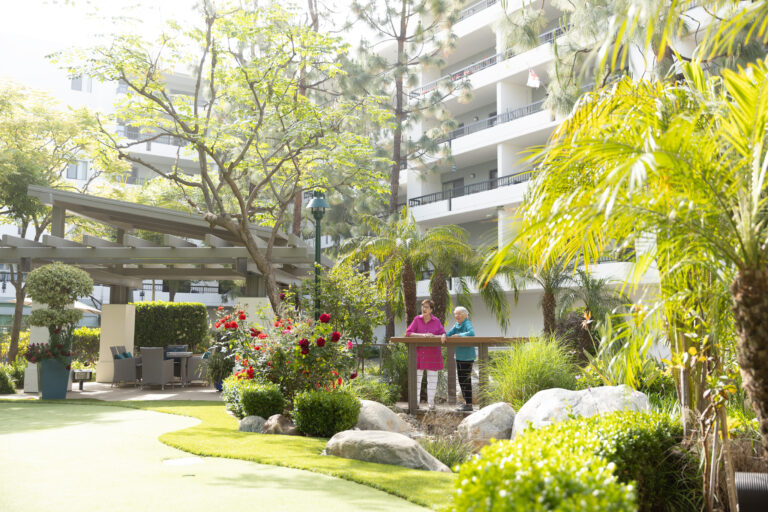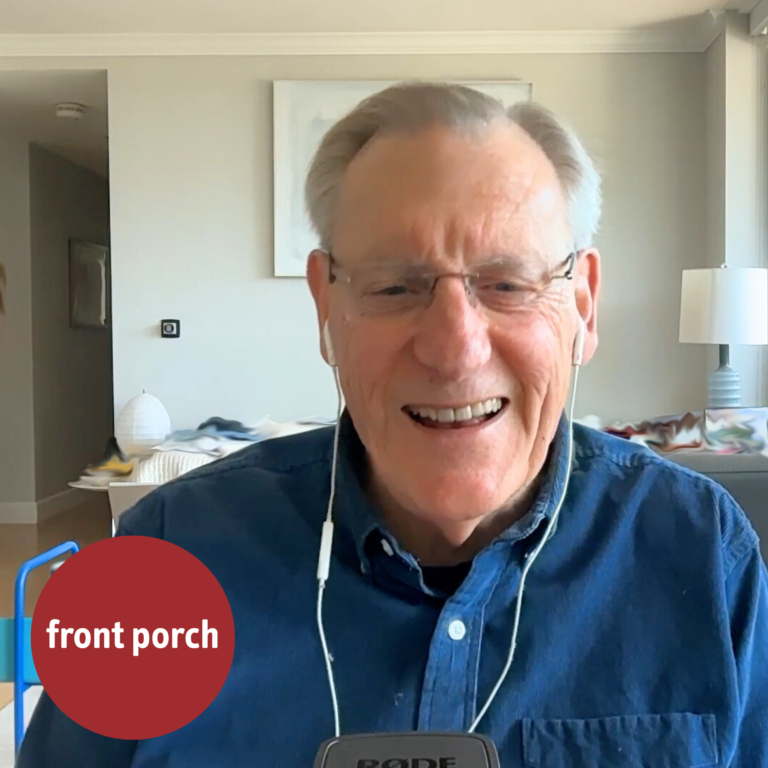February 21, 2025
Seven Signs That Indicate It’s Time for a Retirement Community in Palo Alto, CA

Life brings subtle changes as our loved ones grow older that we might initially miss. Small things that catch our attention today could signal bigger changes in their needs and abilities.
Moving a loved one to a retirement community in Palo Alto, CA, needs careful consideration. Your loved one might show signs that living alone has become more complex than before. Local retirement communities are a great way to get the care and support they need during this transition.
Here are seven key signs that can tell you if the time has come to think about a retirement community. This article will help you spot these signs and make the right choice about your loved one’s care and living situation.
Safety and Security Red Flags
Safety concerns are often the first signs that tell you it’s time to think about a retirement community. You should watch for these significant safety signs in your loved one’s living situation to prevent serious incidents.
Recent Falls or Near-Misses
Falls are a common risk for adults. One in four Americans over 65 years old experience falls each year and these falls lead to more than 32,000 deaths annually, according to the Centers for Disease Control and Prevention. These accidents don’t just affect people with mobility issues. Even active seniors face falling risks from many factors like cognitive issues, vision problems and medication effects.
Home Safety Hazards
Your loved one’s home might hide dangers that could cause accidents. Common household hazards include:
- Unsecured area rugs and electrical cords
- Poor lighting, especially in stairways and bathrooms
- Cluttered walking spaces
- Lack of proper handrails near stairs and in bathrooms
- Slippery bathroom surfaces
Making the right adjustments to a living space can significantly reduce fall risks, but if these changes aren’t enough, you might need to think about a retirement community.
Emergency Response Concerns
Quick access to emergency assistance is a critical safety concern for your loved one. Delayed responses to accidents or trouble reaching emergency services are clear signs to take action. Some modern medical alert systems provide coverage up to 1,000 feet from the base console and give seniors living independently a safety net.
Palo Alto’s city services include multiple emergency alert options like AlertSCC that sends critical updates via email, text or phone. But if your loved one finds these systems difficult to navigate or feels anxious about handling emergencies alone, a retirement community could offer the perfect mix of independence and security.
Signs of Changes in Cognitive Function
Age-related cognitive changes in your loved one can be subtle yet tell-tale signs that they need extra support. Some memory changes come naturally with age, but certain patterns might mean it’s time to look for specialized care.
Memory Loss Patterns
According to the Alzheimer’s Association, around 15-20% of people ages 65 and older experience some form of mild cognitive impairment. Misplacing keys once in a while is normal, but these patterns need attention:
- Complete memory gaps about recent conversations and events
- Regularly missed appointments
- Not recognizing familiar faces or places
- Getting lost on familiar routes
Decision-Making Difficulties
Problems with making decisions show up slowly but can disrupt daily life. Many older adults, particularly those in urban areas, find it challenging to determine whether they can safely continue living on their own. Your loved one might start making unwise financial decisions, having trouble paying bills, or finding it hard to plan daily activities. Living alone becomes risky, especially in an ever-changing world.
Communication Changes
Changes in speech can be an important indicator of cognitive decline. Watch for signs like trouble finding the right words or frequently using incorrect words. These challenges can make social interactions more difficult, often leading older adults to withdraw from social activities.

Lifestyle Changes Indicating the Need for Support
Your loved one’s daily lifestyle changes give the clearest signs that they need extra support. Small changes in their routines and self-care habits can impact the quality of their life and their independence substantially.
Personal Hygiene Changes
Changes in your loved one’s appearance and grooming habits might show they can’t manage personal care on their own. Personal care challenges can take both a physical and mental toll on seniors. Look for these signs:
- Unwashed or unkempt hair
- Wearing the same clothes repeatedly
- Difficulty maintaining oral hygiene
- Noticeable body odor
- Difficulty with personal grooming tasks
Nutrition and Meal Preparation Issues
Proper nutrition plays a vital role as we age, yet many seniors struggle with meal preparation and maintaining a balanced diet. You might spot nutrition issues in several ways. Your loved one might find grocery shopping or meal preparation hard because of limited mobility. Some seniors lose interest in cooking, especially those who live alone. They often turn to less nutritious processed foods that are often higher in sodium and fat.
Home Organization Problems
A person’s living space can reveal a lot about their well-being. Retirement communities in Palo Alto, CA, offer detailed solutions to these challenges. Our community provides professional housekeeping services and well-laid-out living spaces. This removes the stress of home maintenance for your loved one to maintain a clean, well-managed environment.
Noticing the Signs
The signs of changes in your loved one’s life might seem daunting, but they are crucial indicators for ensuring their well-being. These signals demand your attention and quick response, especially when you notice increased safety risks, cognitive changes or different daily living patterns.
Your awareness of these signs today shapes better outcomes tomorrow. The right retirement community does more than solve current challenges – it is an investment in your loved one’s future safety, health and happiness.
A retirement community like Webster House becomes a vital option when these cognitive and lifestyle changes affect daily routines. Our community is a great way to get structured support through specialized programs that help residents stay independent as long as possible. Contact us now at (650) 327-4333 to discover how we can support your loved one.
Read Our Front Porch Blogs

Front Porch Media Highlights – news roundup from October – December 2025

Front Porch Podcast – Episode 5: Welcome Love, Welcome the Stranger (Part 2)

